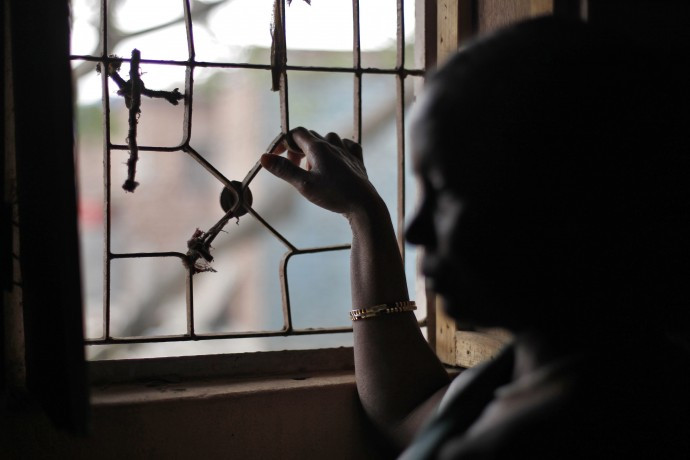Human Trafficking for Forced Labour Overtakes Sexual Exploitation for First Time in UK

The number of cases of human trafficking involving forced labour has surpassed the number involving sexual exploitation for the first time, a charity has said.
The Salvation Army has supported over 1,800 victims of human trafficking in England and Wales since 2011. While 38% of cases involved sex trafficking, 42% of victims were involved in enforced labour. Domestic servitude made up 10% of cases.
The charity has managed Adult Human Trafficking Victim Care and Coordination since the government awarded it the contract to support victims of trafficking in 2011. In a report released this week, the Salvation Army said it had helped 540 women and 347 men between July 2012 and June 2014.
Of the cases of forced labour, around 80% had involved men. The majority of male victims who reached out to the charity for help came from Eastern Europe, from Hungary, Romania and Lithuania.
The highest number of female victims came from Albania (140) and Nigeria (91).
According to the report, 24.3% of referrals came from London and the southeast of England, 21.6% came from southern England and 16.3% came from Yorkshire.
Anne Read, from the Salvation Army, told BBC News: "Each individual story represents the life of someone who has had their trust broken, their liberty denied and who, in most cases, have been subjected to appalling treatment at the hands of their traffickers.
"However it is heartening to witness first hand the increase in the offensive from authorities to bring the perpetrators to justice and the positive impact of collaborative working relationships across sectors in raising awareness of this crime and in securing the best outcome for those we aim to help."
Meanwhile, large companies are to face an annual duty of disclosure to make sure their supply chains are free of slavery.
Home Office ministers made the announcement shortly after the Salvation Army report was released.
Karen Bradley, the minister for modern slavery and organised crime, said the move would be included in the modern slavery bill going through parliament. It is partly modelled on similar arrangements in California, where it applies to businesses that produce goods for sale to the public.
"The fact that there are more people in slavery today than at any other time in human history is shameful," Bradley said.
"We all have a responsibility to stamp out this evil trade and this world-leading measure calls on businesses to play their part. There are already many companies taking a lead and taking action."
"Greater transparency will give customers, campaigners and shareholders the information they need to hold all big businesses to account while also supporting companies to do the right thing," she added.
© Copyright IBTimes 2025. All rights reserved.




















